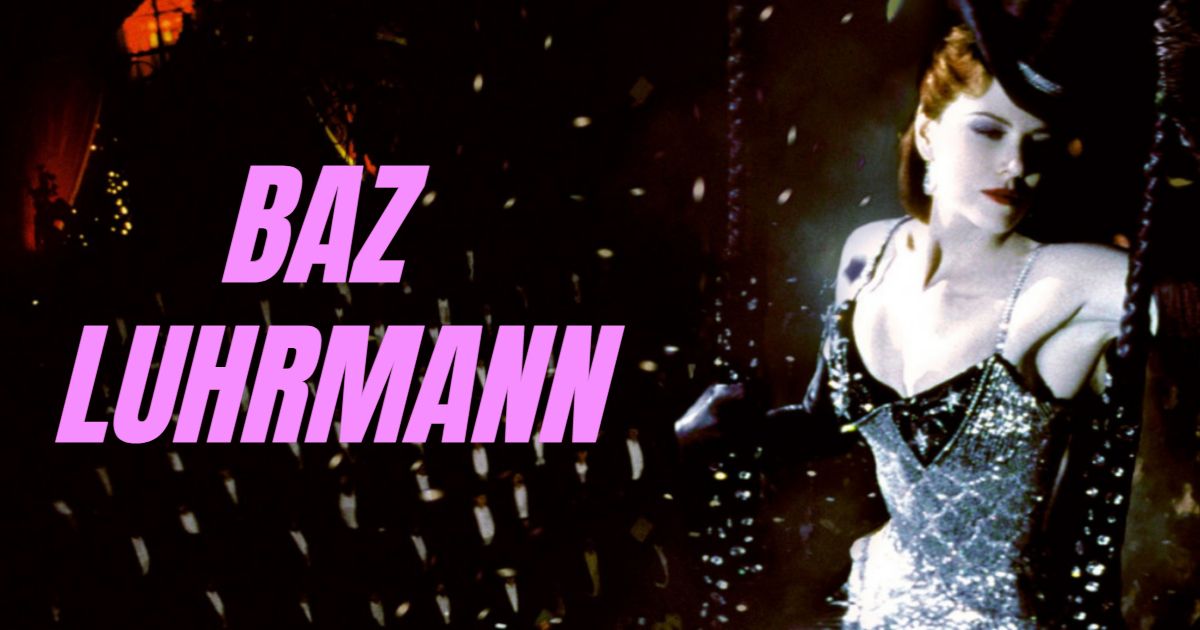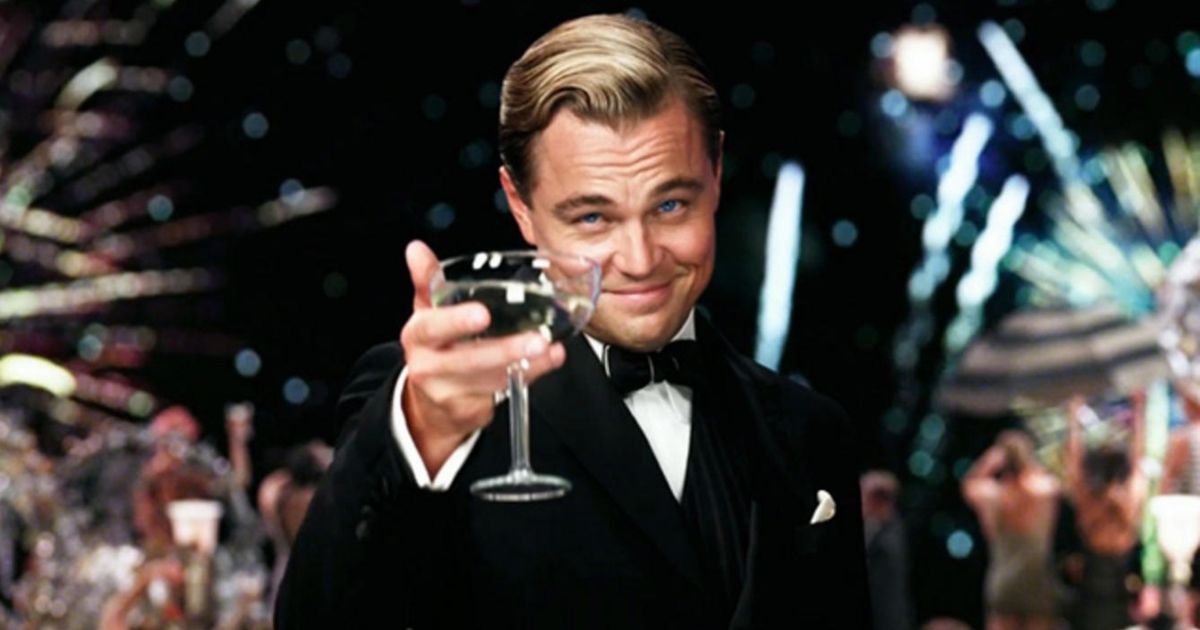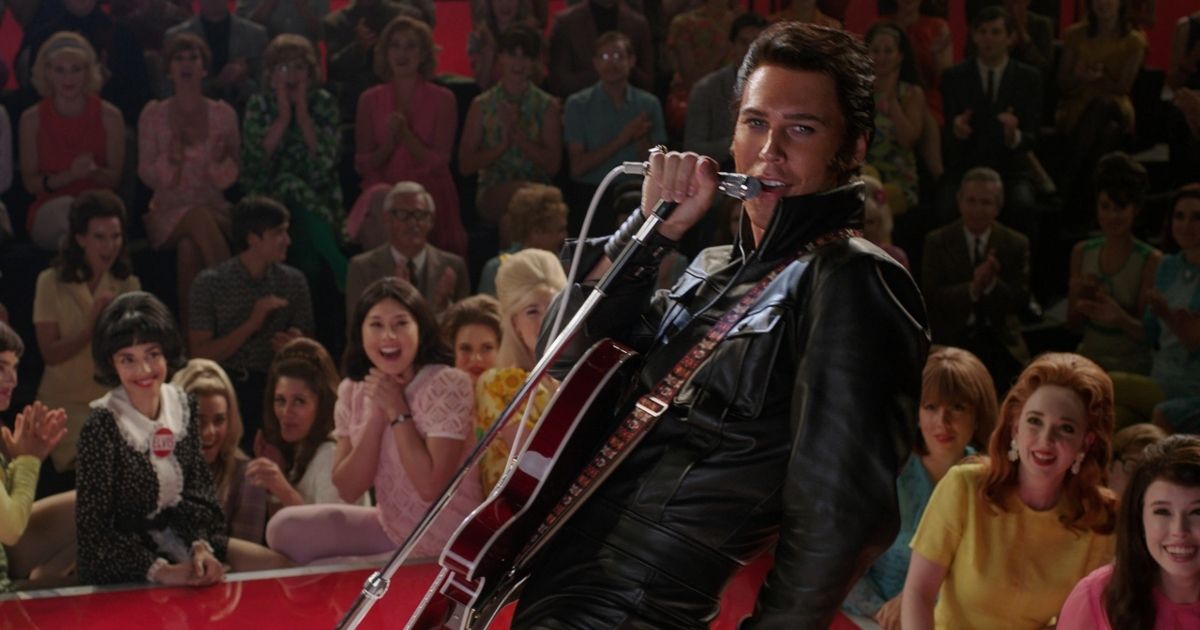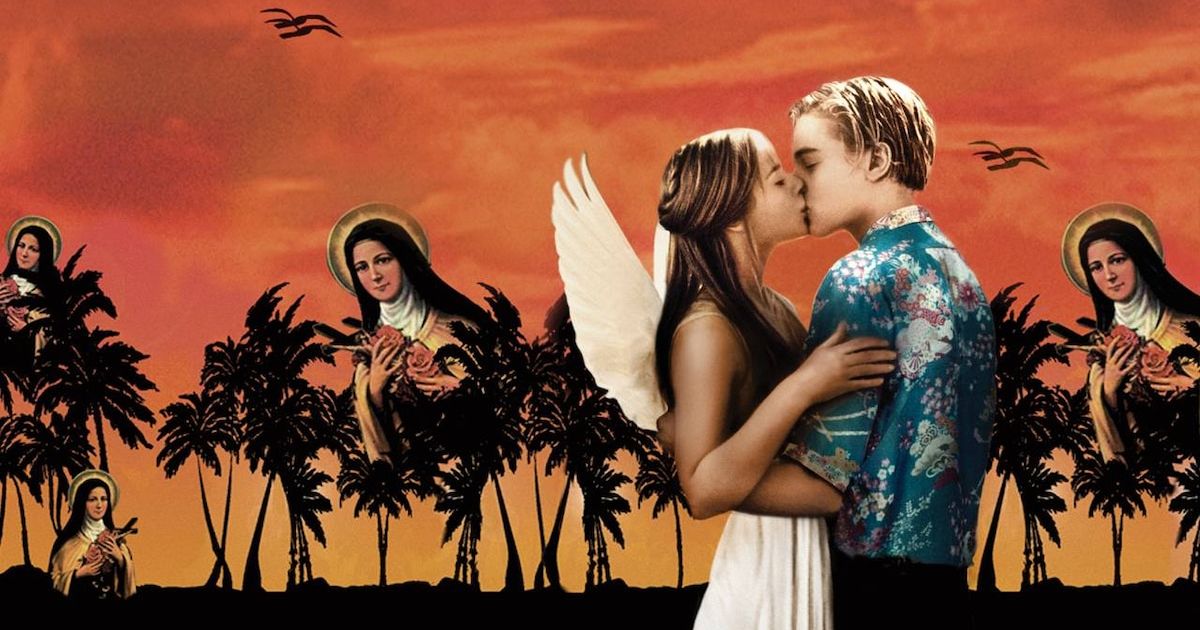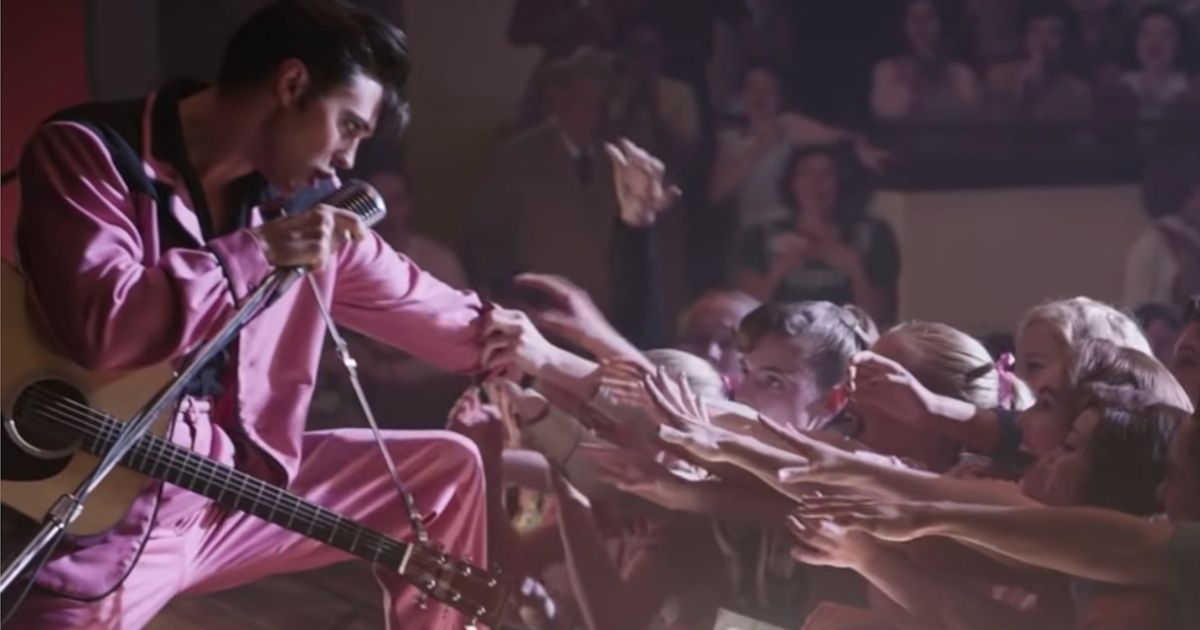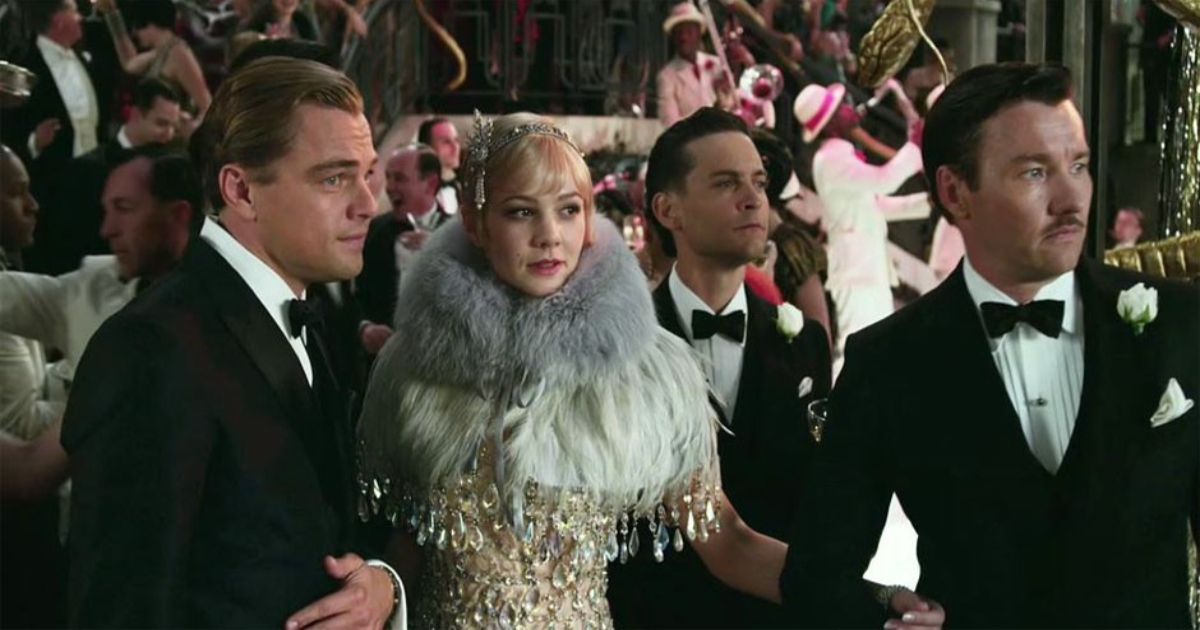Artists are always products of their environment to some extent, whether this be in the subject matter they tackle, the individual influences they've had, or generational causality. Artists' main job is to speak their truth, and that truth is ever-evolving, only speeding up with each passing day. This is especially true of Gen X, the first generation to know not only constant at-home television, but also the true inundation of the constant stream of information that we know today. So how do MTV babies make movies? One director has the best answer to that question.
Baz Luhrmann: Swagger in Cinema
An auteur to most and a visual stranger to none, Baz Lurhmann’s filmography has proven him to be one of the most outspoken creatives in Hollywood, seeking something both true to himself and the conditions of his process. A fun way to describe his aesthetic is that his films almost feel like 150-minute trailers in their sequencing. Dullness, even if called for within the script, gets tossed to the wayside in favor of maximalist theatrics uninvolved with any desire but its own.
His is a truly frenetic way to make movies, with needle drops from musicians like Jay-Z, Lana Del Rey, and most recently a newly mixed Elvis Presley accompanying a truly musical filmography so bombastic it almost feels surreal. Toeing that line between modernity and postmodernity is always tough, but thankfully Baz chooses to bunny-hop between the two, nonetheless refusing to abandon his hyper-stylization.
Baz Uses Iconography as a Weapon
Luhrmann and those like him fall into an interesting category of generational talent. Developed by MTV, fast-paced commercials, a 24-hour news cycle, and an increasingly capitalist economic structure, a whole generation of maximalist artists came of age who only wanted to grow into something grander as time marched on (such as Quentin Tarantino, Guy Ritchie, and Danny Boyle, in addition to Luhrmann).
There is no scene in a Luhrmann film that isn’t actively trying to reach icon-status by using iconography; everything is dialed to 11 in worlds that require gargantuan personalities. Seeing Baz’s filmography, it's not hard to realize the levels of decadence he places upon himself. William Shakespeare’s Romeo + Juliet, Moulin Rouge!, The Great Gatsby, and Elvis all tackle prose and subject matters that place spectacle at the forefront of importance.
This is a filmmaker uniquely devoted to the bare bones of cinema, sound and image, and who manipulates strands of pop iconography (songs, buildings, celebrities) into something cohesive. Rather than be bogged down with the trifles of traditional cinema, Baz decides to make movies of moments, and it’s not hard to see why.
Movies of Moments
Born in 1962 to a ballroom dance instructor and the owner of a movie theater, Baz was destined to have theatrics in his genetics regardless of career choice. What’s interesting, however, is the combination of this and the environment of the media within his upbringing. The boom of MTV in the 80s and the dawn of the music video, while maybe not directly cited, still make their way into Baz Luhrmann's movies in sequence.
Free-fall shots such as in The Great Gatsby, with Frank Ocean’s baritone ballad soundtracking Tobey Maguire’s Nick Carraway as he walks through a Prohibition-era New York, simply feel like big-budget music videos. Or, later in the film at Gatsby’s party, editing that makes an otherwise robust, regal event turn into something out of a booze-ridden version of Madonna’s Vogue music video. Creating short, quick bursts of maximalism that packs the punch of what could be drawn-out scenes into a few moments is something of an impressive filmmaking feat. Regardless of being good or bad, being forgettable is an impossibility with Baz, both in theory and in practice.
The Problem With Fame and Fortune
So how do this puppet master's subjects react to this? Fame, fortune, and decadence parade through every film in his catalog, but as cautionary tales. Jay Gatsby and Romeo and Juliet are eternal literary examples of this kind of thing, becoming iconography in the process, but it's in his latest release that this story is redefined in the face of one of the greatest cultural forces of the last century.
Elvis, a film and cultural figure of extreme luxury, details the personal hell of those who define that maximalist ideal so cherished by filmmakers. One of the biggest motifs of Elvis is the chase for fortune and glory, and how it ultimately ends up being the biggest downfall of the movie's namesake. If nothing else, seeing Presley’s descent into madness continue through the carnival of rock and roll Baz paints as the setting for this film makes that fall from grace even more devastating.
This sort of parasocial relationship with celebrities that so powerfully inhabits modern culture is thrust into the spotlight along with Luhrmann's films and with Elvis especially, where the focus is put on that relationship with luxury. While maybe not entirely relatable, the human condition of extended exposure through media is tested and fully realized in Baz’s most recent project.
Is Luhrmann's Maximalism Divisive?
The reception of most of these films upon release has been somewhat polarizing, and rightfully so. What’s more interesting is the resurgence in interest the filmmaker has had in recent months. As the divide between digital and tangible relationships gets blurrier with the MTV concept being practically nuked by TikTok, Baz’s message seems to resonate with those in the throes of this new era of media consumption. That constant competition for grandiosity and fame pushes so many to the brink, and no one understands this quite like Baz. The quintessential maximalist and a master of making the most of the moment, his films never shy away from bringing absolute spectacle to the table, interrogating it as he nonetheless serves it hot and fresh.

